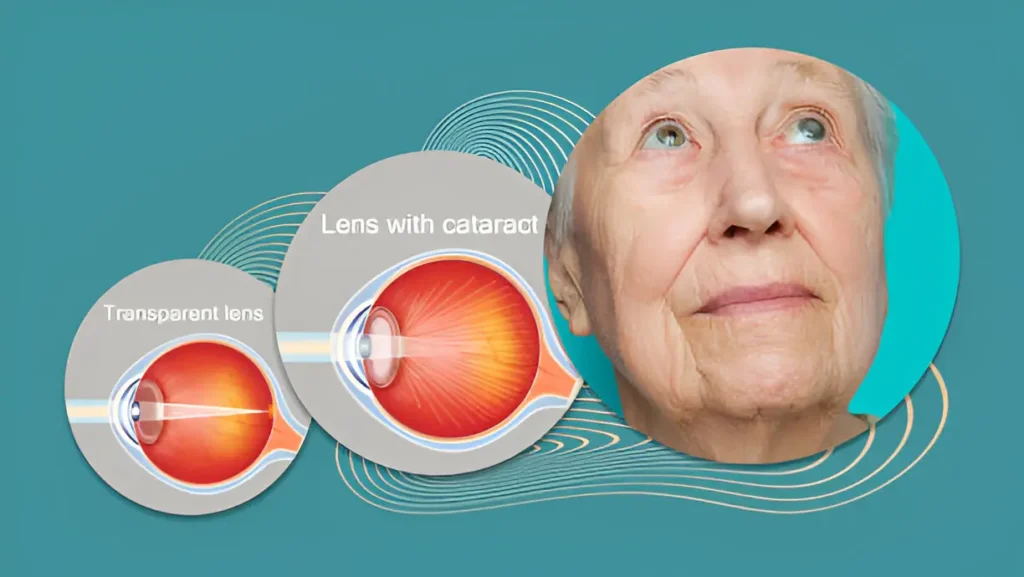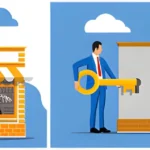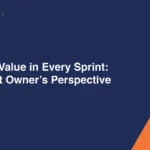Hypertensive retinopathy is a serious eye condition caused by high blood pressure. It affects the blood vessels in the eyes and can lead to vision problems, especially in older adults.
Many people don’t notice symptoms until the damage is done. That’s why learning about the causes and ways to prevent it is so important. In this blog post, we’ll explore how to protect your eyes and keep your vision strong.
What Is Hypertensive Retinopathy?
Hypertensive retinopathy happens when high blood pressure harms the small blood vessels in the retina. The retina is the part of the eye that helps you see clearly. When these vessels are damaged, it can lead to vision loss.
This condition may not cause symptoms right away. Over time, the damage gets worse and may become permanent. That’s why early detection is important for protecting your sight.
Causes of Hypertensive Retinopathy
The main cause is uncontrolled high blood pressure. When the pressure stays high for a long time, it puts strain on the blood vessels in the eyes. This can lead to swelling, bleeding, and scarring.
Other factors like diabetes and smoking can make the damage worse. Age also increases the risk, especially in those over 60. These causes make it vital to monitor and manage your health closely.
Signs to Watch For
In the early stages, there may be no symptoms. As the condition worsens, you may notice blurred vision or dark spots. Some people also see flashing lights or have trouble focusing.
Recognizing vision changes while aging is important. These changes may be signs of something serious, like hypertensive retinopathy. Talk to your doctor if you notice any sudden vision problems.
How It Affects Older Adults
Older adults are more likely to have high blood pressure. As a result, they have a higher chance of getting hypertensive retinopathy. It is important to get regular eye exams to catch any problems early.
Retinal changes in elderly patients may go unnoticed without an exam. These changes can lead to permanent damage if not treated. Timely care can help preserve vision and improve quality of life.
Diagnosis and Treatment Options
The diagnosis of hypertensive retinopathy typically involves a comprehensive eye exam. Eye care professionals can assess the retina using special instruments. They can often spot the early signs of damage caused by high blood pressure.
Treatment generally focuses on controlling high blood pressure. Medications and lifestyle changes can help lower blood pressure effectively. Treating hypertension can prevent further damage to eye health in seniors.
Prevention Tips for Seniors
To prevent hypertensive retinopathy, manage your blood pressure daily. Eat healthy foods, exercise, and take your medicine as prescribed. Avoid smoking and limit salt in your diet.
Regular eye check-ups are key to eye health in seniors. These visits help spot problems before they get worse. Simple habits like wearing sunglasses and resting your eyes also help prevent hypertensive retinopathy.
Healthy Habits to Prevent Hypertensive Retinopathy
Hypertensive retinopathy is a serious risk for older adults. It can be prevented with healthy habits and regular care. Regular eye exams help catch problems early. Healthy eating, exercise, and taking medicine as directed also help.
If you notice changes in your vision, talk to a doctor right away. Do not wait for symptoms to get worse. Taking small steps every day can prevent hypertensive retinopathy. Your eyesight is worth the care and attention.
Did you find this article helpful? Check out the rest of our site for more great content!
Also Read-Smart Home, 21st Century Comfort: Should You Bring Tech into Every Corner?







